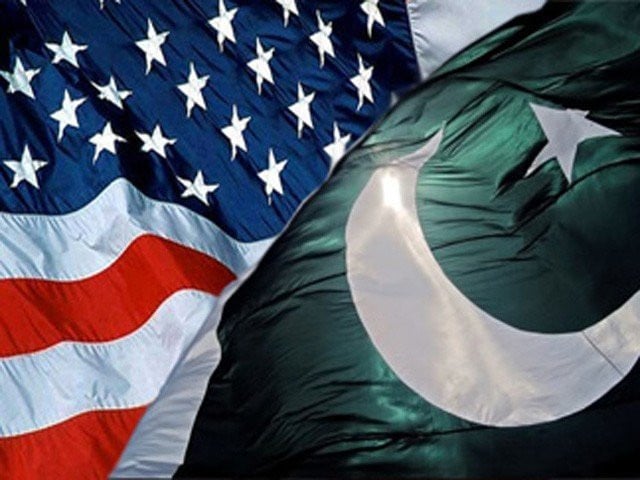In recent months, Pakistan has engaged in extensive negotiations regarding its tariff structures, a critical issue that impacts both the economy and international trade relations. The focus of these discussions has been the staggering 29% tariff imposed by the Trump administration on a range of Pakistani goods. This tariff not only affects Pakistan’s export potential but also has broader implications for its economic growth and bilateral relations with the United States.
The negotiations have been characterized by a sense of urgency, as officials in Islamabad recognize the need to resolve this issue to stabilize their economy and foster trade relationships. Pakistan has been facing economic challenges, including rising inflation and a depreciating currency, which have made it imperative for the government to seek relief from high tariffs. In a recent statement, a government official remarked, “We believe that reducing tariffs will not only benefit our exporters but also pave the way for enhanced cooperation between our two countries.”
The complexity of the negotiations stems from the multifaceted nature of trade relations. The Trump administration’s tariff policy was primarily aimed at protecting American industries, leaving Pakistan to navigate a diplomatic landscape fraught with challenges. Experts have noted that the negotiations require a delicate balance between advocating for Pakistan’s economic interests and addressing the concerns of the U.S. administration. “It is essential for Pakistan to present a solid case that highlights the mutual benefits of tariff reductions,” stated an economic analyst familiar with the discussions.
Furthermore, the negotiations also reflect a broader strategy by Pakistan to diversify its trade partnerships and reduce dependency on traditional allies. This approach aims to bolster its global economic standing and improve its negotiating power in the face of unilateral trade measures. As a senior trade negotiator explained, “Engaging with multiple partners allows us to create a more resilient economic framework that is less vulnerable to external shocks.”
As discussions continue, both sides remain cautiously optimistic. While there are hopes for a resolution that could lead to a reduction in tariffs, the complexities of international trade negotiations mean that no outcome is guaranteed. The outcome of these negotiations will certainly shape not only Pakistan’s economic future but also its geopolitical stance in an increasingly intertwined global market.
Ultimately, the importance of these negotiations cannot be understated, as they encapsulate the delicate interplay between economic policy and international diplomacy.














